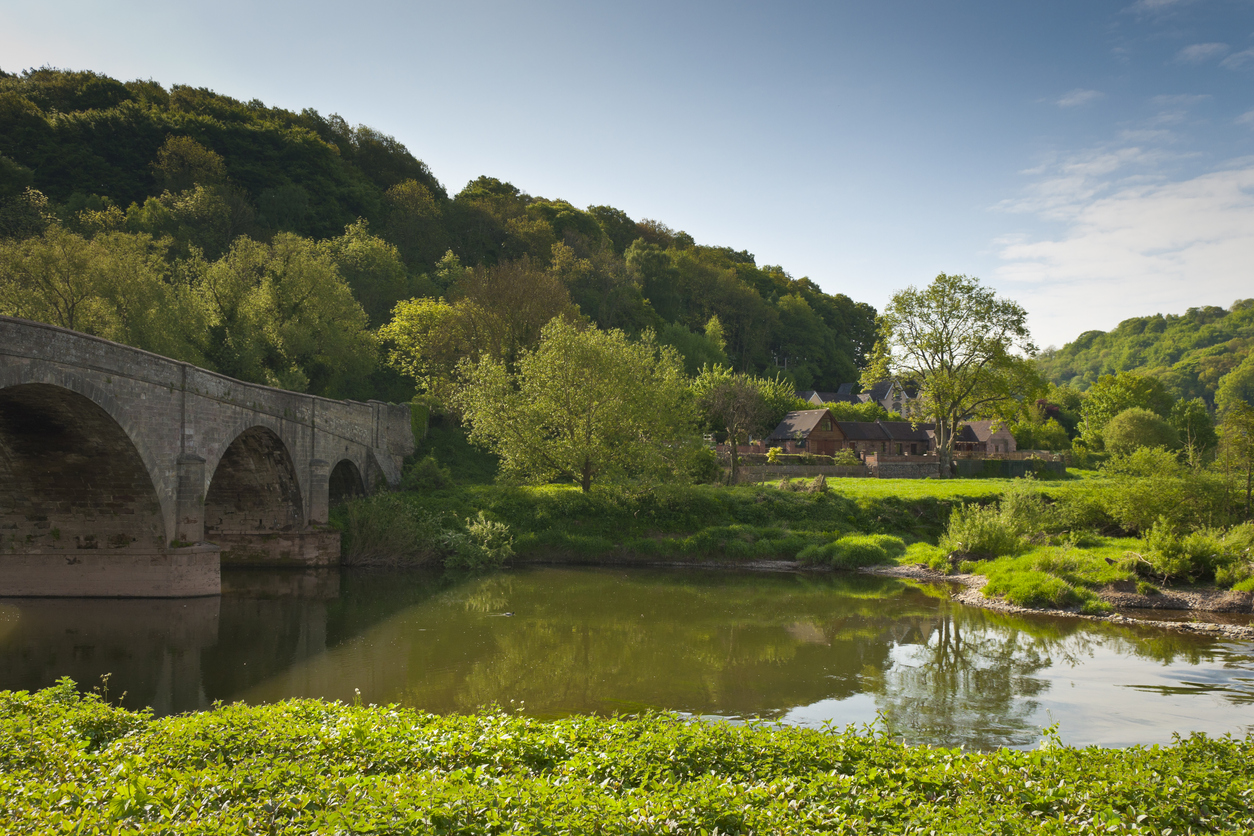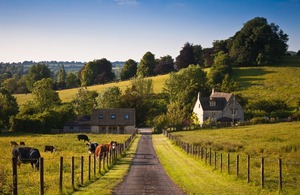Pistonbroke
Member
I live near Builth Wells and know both of the farms concerned. They are both miles away from the wye and not near any other rivers. The one is trying to expand and already exports the manure to AD plants and the proposed one wants to do the sameTue 10 Jan 2023 06.30 GMT
"However, Powys county council is still approving intensive poultry units in the catchment. Last year, Fish Legal challenged a decision by Powys to approve a unit at Wern Haelog near Builth Wells, housing 90,000 chickens, but lost the case.
Last week, the Welsh government sent a holding direction to Powys county council to prevent it approving a new industrial poultry unit, also near Builth Wells, which would house 100,000 chickens at any one time. Welsh ministers will now decide whether to ‘call in’ the application, and rule on the chicken farm at government level."

Landmark decision on mega poultry farm could mean ‘life or death’ of River Wye
Welsh government considers whether to block plan after experts say manure from intensive units is turning Wye into ‘pea soup’www.theguardian.com
Posted on 10 January 2023
"Herefordshire Council gave permission after its ecology officer advised planning officers that there was no need for a Habitats Regulation Assessment because the shed would not lead to any possibility of effects to the River Wye. That was in spite of the fact that there are already a number of livestock sheds on the site and the manure stored and spread on the land has only one place to go during rainfall, into the River Dore, into the River Monnow and ultimately into the River Wye.
At the Court of Appeal David argued that the High Court was wrong to accept ‘post hoc’ justification from the ecology officer that was submitted three months after planning permission had been granted and that the planning committee had been misled into believing that there was no need for a Habitats Regulations Assessment.
In his application to the Supreme Court, David argues that the approach of the lower courts to planning cases has meant that the “precautionary principle” has not been applied. This is the legal standard that any scientific doubt about a project’s impact on a protected site should be eliminated before permission is granted.
This case also addresses the cumulative impacts of the intensive farming development, already on this site, and in the Wye SAC."

Campaigner applies to Supreme Court over Wye Valley cattle shed plan | Leigh Day
Herefordshire man David Sahota has asked the Supreme Court to hear his claim that planning permission was given unlawfully for a cattle shed on the edge of the River Wye Special Area of Conservation.www.leighday.co.uk
"The latest serious threat is from a new farming development on the banks of the River Dore, which is a tributary whose waters run into the River Wye. Good Law Project is now supporting a legal bid to stop this from going ahead.
The plans, which have been given the green light by Herefordshire Council, will see the expansion of Bage Court Farm in the village of Dorstone, including the construction of a giant new livestock shed. The increase in manure run-off generated by this development will see yet more ecological damage inflicted on the Dore and by extension, the River Wye."

The River Wye is under threat
Good Law Project's mission is to achieve change through the law. We uphold democracy, protect the environment, and ensure no one is left behind.www.crowdjustice.com










